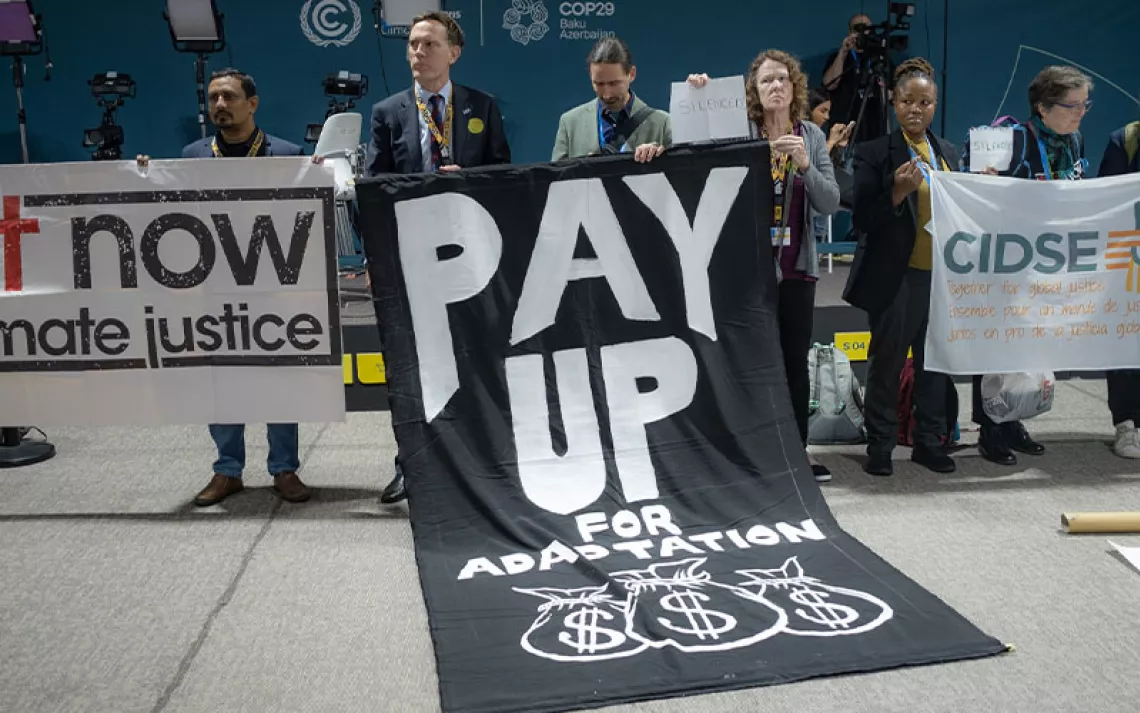ICYMI: Tarantulas’ Pets, Flirting With 1.5°C & Vaccines for Condors and Koalas
A weekly roundup for busy people

Burrowing theraphosid tarantulas, Xenesthis immanis, are found to sometimes keep pet dotted humming frogs, Chiasmocleis ventrimaculata, which eat insects that would otherwise eat the tarantulas’ eggs. In return, the spiders serve as bodyguards, protecting the frogs from predators.
The World Meteorological Organization says that there is a 66 percent possibility that in the next five years, global temperatures will top 1.5°C (2.7°F) above preindustrial levels for at least one year. That is the limit that the Paris climate accord sought to avoid breaching.
Dungeness crabs are losing their sense of smell as a result of increasing acidification of the ocean as it absorbs atmospheric carbon dioxide.
More than a third of the area burned by wildfires in the US since 1986 can be attributed to warming emissions from the world’s largest fossil fuel and cement manufacturing corporations.
Where Greenland’s ice sheet meets the sea, it is melting twice as fast as anticipated.
The West’s enormous snowpack eases drought conditions as it melts, including replenishing Utah’s Great Salt Lake, which has already risen four feet since last November.
The United Nations Environment Programme says that through reuse, recycling, and using alternative materials, the world could cut plastic pollution by 80 percent by 2040.
Plastic recycling is found to generate an enormous volume of microplastic: 3 million pounds per year at a single plastic recycling facility in the UK, for instance.
The EPA urges the Federal Trade Commission to end the use of the “chasing arrows” recycling symbol on plastic products, arguing that, together with the 1–7 resin identification numbers, it gives a false impression of an item’s recyclability.
The USDA approves a vaccine to protect California condors from deadly avian flu, which has already killed 21 of 116 birds in northern Arizona.
Australia captures and vaccinates the first wild koalas against chlamydia, which has infected half of the koalas in Queensland.
For the first time in the United Kingdom, wind generates more electricity than gas.
In 2022, two fossil fuel fields in Turkmenistan leaked 2.6 million metric tons of the powerful greenhouse gas methane, equivalent to the annual carbon emissions of the UK.
Pollution linked to US oil and gas production kills 7,500 people each year.
Smoke from the catastrophic Australian wildfires in 2019 and 2020 may have triggered a three-year La Niña weather pattern, which intensified the drought in East Africa and primed the Atlantic Ocean for a record hurricane year in 2020.
Herders in Kenya kill 10 lions that had left drought-stricken Amboseli National Park in search of food and killed some goats.
South Africa unintentionally exceeds its climate goals because its coal-fired power plants break down so regularly.
The EPA sets tough new standards for emissions from coal-fired power plants.
Spain bans outdoor work, such as construction and farm labor, during periods of intense heat.
A Wyoming hunter shoots and kills a grizzly bear near Yellowstone National Park. He turns himself in only after the bear’s carcass is discovered near the North Fork Highway.
The Hague institutes a flat €50 ($54) parking fee for streets in the city’s historic center and those near popular Scheveningen beach.
Florida’s legislature passes a bill that would allow state roads to be paved with radioactive waste material.
 The Magazine of The Sierra Club
The Magazine of The Sierra Club



